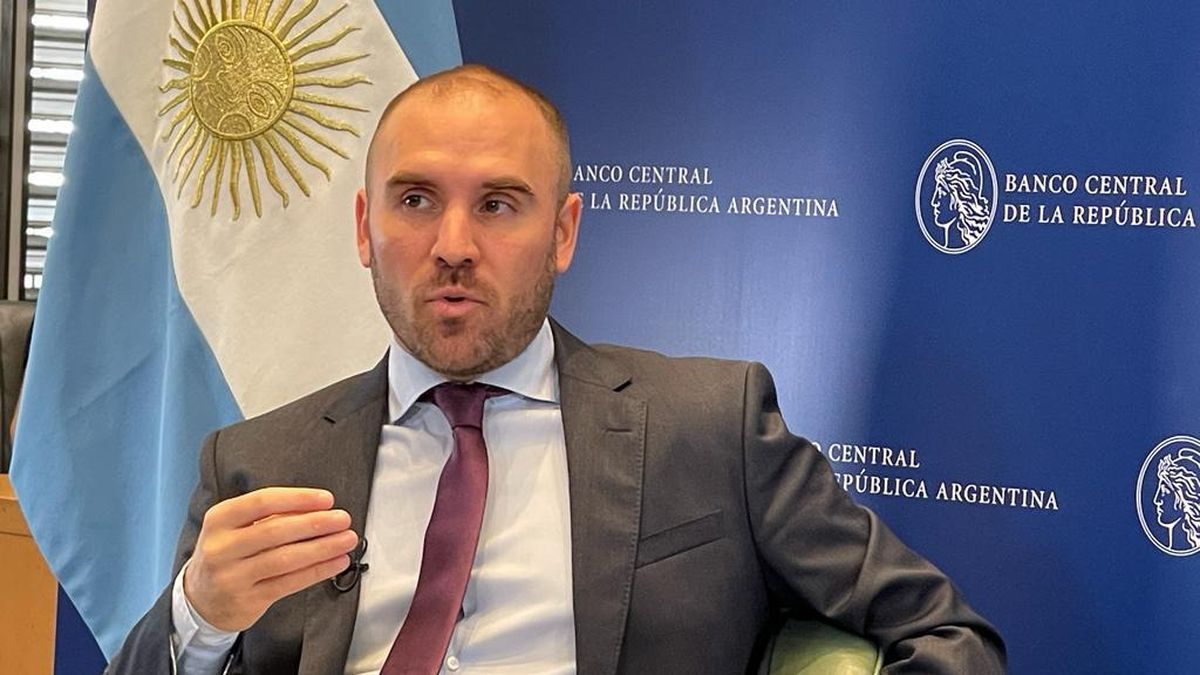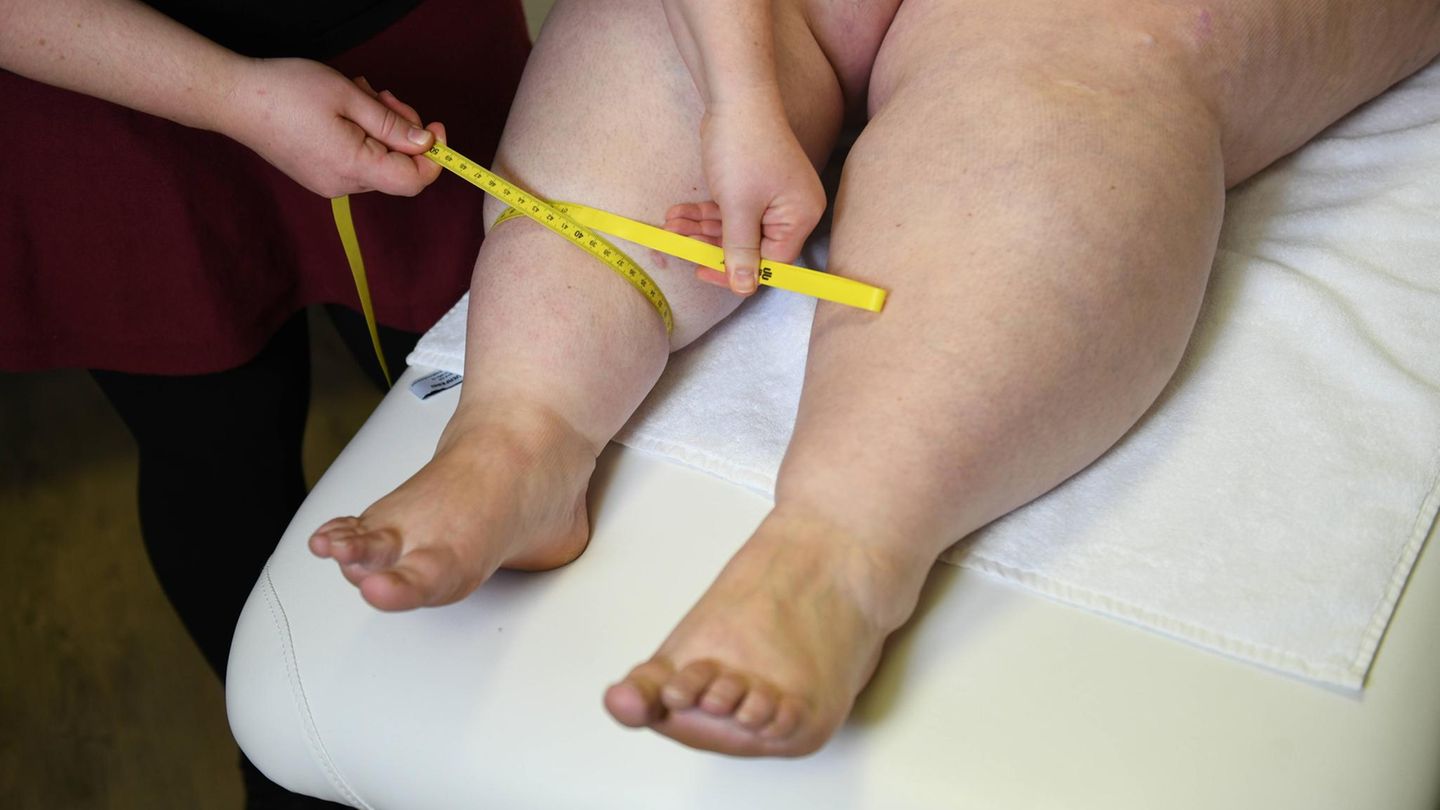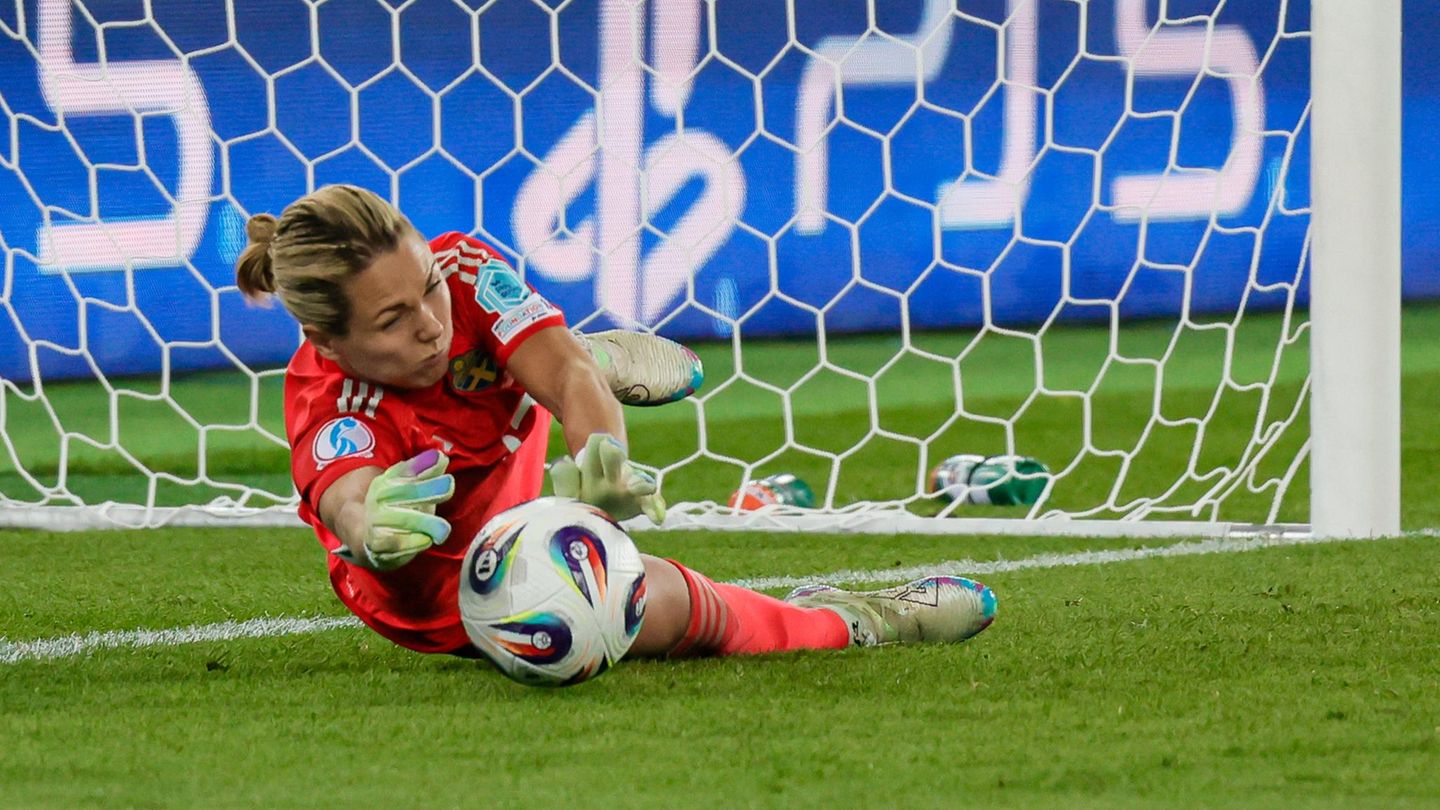As this newspaper learned from official sources, the entourage It will be headed by the representative of Argentina and the Southern Cone on the Board of the IMF, Sergio Chodos. It will also be made up of the Vice Minister of Economy, Fernando Morra; the Secretary of the Treasury, Raúl Rigo; the Undersecretary of Financing, Ramiro Tosi; the 2nd vice president of the BCRA, Jorge Carrera; and the deputy general manager of Economic Research of the monetary authority, Germán Feldman. Each of them is particularly linked to some of the main points of contention in the negotiation: the rate of growth of the activity, the path of adjustment of the fiscal deficit, the financial program, the volume of monetary issue and the mode of reduction of the exchange rate gap.
In the economic team they emphasize that it will be a continuity of the daily virtual meetings with the Fund staff that Martín Guzmán led from Buenos Aires during the last weeks. They hope that the presence will speed up the discussions. Although they clarify that “it is not a mission with the capacity to close a negotiation.” The signing of the agreement will have to be carried out by the Minister of Economy and the president of the BCRA, Miguel Pesce, who are not part of the delegation. Could they join in later? “For now it is not planned,” they responded in different official dispatches. Although a trip would not be essential since, if agreements are advanced, the Letter of Intent for the EFF could be sent from Argentina at some point in December.
Some officials from the economic cabinet suggest that, due to the uncertainty generated by market negotiations and the associated exchange rate pressures, the framework agreement should be reached in the short term. Likewise, it will then go through Congress, where intra-official debates are expected. Finally, it will pass through the Board of the Fund, whose key chair is occupied by the United States, which concentrates 16.5% of the votes.
A spokesperson for the body headed by Kristalina Georgieva confirmed to Ámbito that the official delegation will be received by Julie Kozack, deputy director of the Department for the Western Hemisphere, and Luis Cubeddu, the person in charge of the Argentine case. And he indicated that they will seek “to deepen the technical discussions towards a program supported by the IMF.” Other sources affirmed that, in principle, a mission of the Fund’s staff to Buenos Aires would not be announced until there is concrete progress in the technical agreement.
Extended facilities
The Government negotiates an EFF, the most extensive line of credit of the two that today exist in the IMF menu. It has a maximum repayment term of ten years and grants a grace period of up to four and a half years, which would allow to begin to cancel the maturities in 2026. For later, there would be the possibility of obtaining more time to repay the multimillion dollar loan than the The body granted Macri in the run-up to his reelection attempt: the official intention is to include in the agreement a clause that allows him to access better conditions in the event that the Fund approves the creation of a new line of credit.
As a sign of the Executive’s vocation to accelerate the negotiation and despite the current pressures on international reserves, the economic cabinet confirmed this Tuesday that on December 22 it will pay with the special drawing rights (SDR) that the Fund sent the more than US $ 1,880 million corresponding to the second capital maturity of the 2018 Stand By. All in all, Guzmán hopes that the agreement with the organization includes the return of the SDR used to pay this year’s commitments (for about US $ s4,000 million), which would bring some air to the reserves.
Points in debate
The Economy committee and the BCRA will seek to bring together positions at the most critical points of the negotiation in order to prepare the goals of the multi-year plan. As Ámbito told a few days ago, one of them is the rate of reactivation of the economy. After recovering almost 10% this year (a percentage similar to that of the fall in 2020), the Government aims for the product to advance another 4% in 2022, somewhat above the statistical drag that will leave 2021. The IMF, despite the The country’s acute social crisis encourages more limited growth: on the one hand, it seeks to avoid a more expansive policy that increases the fiscal deficit and, on the other, it warns that a more accelerated reactivation would threaten the accumulation of reserves (via increased imports). ), the great obsession of Washington to guarantee the repayment of the debt.
This is what the Chief of Staff, Juan Manzur, referred to yesterday when speaking to businessmen of the Argentine Industrial Union: “We are going to put all our effort, we want to solve this problem and we want to pay. The only thing we ask for is a condition, that they let us grow to be able to pay ”.
In the same vein, Guzmán expressed himself, a while later, when speaking at the CGT headquarters, where he went in search of support from the leaders in the face of the negotiation: “Our government is not going to sign any adjustment agreement because it would mean prevent the economic recovery from continuing ”. He also promised “a stronger recovery in the purchasing power of wages.”
Regarding the fiscal path, the Government has already reduced the projection of the primary deficit for this year. Of the 4.5% of GDP initially budgeted (with a growth forecast lower than what was finally given and after a beginning of the year of marked discipline in spending) Economy announced last week that 2021 will end with a red close to 3, 5%. It is one of the numbers that he put on the table before the Fund’s technicians. For 2022, Guzmán’s budget project foresees a primary deficit of 3.3%, a number that is still in debate with a body that seeks to achieve fiscal balance as quickly as possible, as indicated by its well-known adjustment recipes.
However, official sources affirm that the debate with the IMF does not go so much through the fiscal path but through how to finance the red of public accounts. The Budget project foresees for next year that the monetary issue to cover it will be reduced to 1.8% of GDP (this year it will exceed 3%). The body wants it to be lower. As posted yesterday Ambit, One of the alternatives in dance to reduce monetary financing is to increase funding from multilateral banks and the possibility of receiving some US $ 5 billion in this way is being considered in 2022.
At the exchange rate, the main debate is how to reduce a gap that today exceeds 100%. The consensus is that there is no devaluation jump, an official source told this newspaper. In the Government they trust that the Fund will validate the continuity of the central aspects of the current exchange controls, especially those that weigh on the purchase of foreign currency for hoarding, since a recovery of the reserves would be unimaginable if the stocks were lifted. It remains to see how the negotiations progress in the coming days.
Source From: Ambito
David William is a talented author who has made a name for himself in the world of writing. He is a professional author who writes on a wide range of topics, from general interest to opinion news. David is currently working as a writer at 24 hours worlds where he brings his unique perspective and in-depth research to his articles, making them both informative and engaging.




